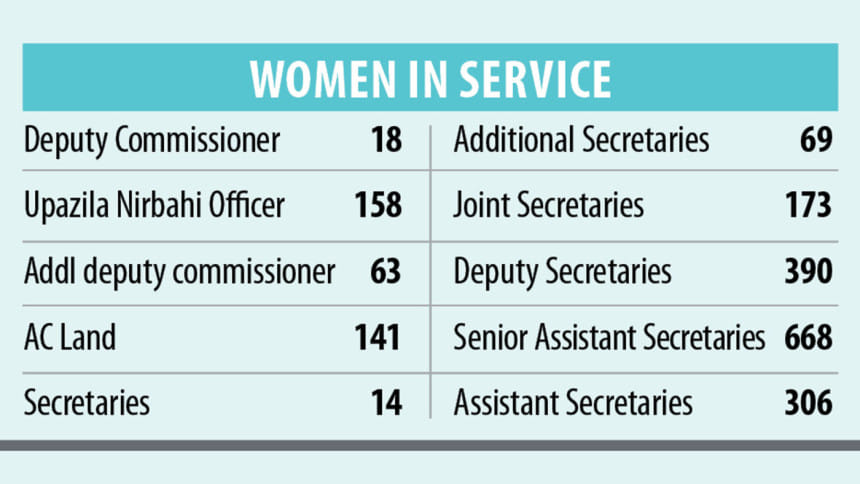Equal rights for women a must

Women's rights activists at a rally yesterday urged the government to ensure law and order at any cost.
They also demanded equal opportunities for women, the withdrawal of reservations on two clauses of the Convention on the Elimination of All Forms of Discrimination Against Women (CEDAW), the abolition of child marriage, and equal property rights for women.
The rally was organised by the Social Resistance Committee, a platform of 67 women's and human rights, and development organisations, at Dhaka Central Shaheed Minar, marking International Women's Day 2025.
Dr Fauzia Moslem, president of Bangladesh Mahila Parishad, emphasised the ongoing struggles women face and called for unity to overcome these.
Nijera Kori Coordinator Khushi Kabir highlighted the rise in sexual violence against women in public spaces and the lack of accountability for perpetrators.
Shahnaz Sumi, director of Bangladesh Nari Pragati Sangha, pointed out that women, who make up half the population, are unsafe everywhere. She urged immediate government action to ensure their security.
Sahida Parvin Shikha, general secretary to the Trade Union Centre, stressed the need for strict legal action against perpetrators of violence against women.
Shakti Foundation Deputy Director Nilufa Begum voiced concern over the growing insecurity of women, criticising the culture of impunity for offenders.
Indigenous Women Network Coordinator Falguni Tripura emphasised that when any woman -- regardless of race, ethnicity, or social class -- faces violence, society must unite in protest without discrimination.
Mahila Parishad General Secretary Maleka Banu said that while Bangladeshi women are progressing, marginalised and indigenous women continue to face discrimination.
The programme began with a protest song by Sanoara Jahan Nitu, followed by a dance performance by Mukta Thakur and her troupe. Following the speeches, Kazi Gulshan Ara Deepa read out a declaration consisting of 14 demands.
The event concluded with a protest rally from the Central Shaheed Minar to Jatiya Press Club.
Around 500 participants, including representatives from the Social Resistance Committee, journalists, and members of various organisations, attended the event.
Meanwhile, prominent economist Prof Anu Muhammad emphasised the need for greater female representation across various sectors during a discussion marking, International Women's Day 2025.
The event, held at Bishwo Shahitto Kendro in the capital yesterday, was organised by Nari Sanghati, commemorating their 20th anniversary.
The session, titled "The Aspiration for Women's Liberation: The Reality after the Mass Uprising", highlighted the pressing issues surrounding women's rights in Bangladesh.
"Without the active participation of women, there will be no real change in Bangladesh. Women's issues, including violence and discrimination, have long existed in our society, but the state has failed to take substantial action to address them. There is also growing concern that the interim government has not been adequately addressing these problems," said Anu Muhammad.
He further said that societal norms play a major role in perpetuating gender-based violence. "Boys are often raised with the idea that they hold authority over women, which contributes to gender inequality and violence. This mentality is nurtured in families and is a critical factor in the problem."
He also pointed to religious education as a contributing factor to societal attitudes towards women.
Muhammad concluded by stressing the importance of women's presence in all sectors.
Dr Fatama Sultana Suvra, an associate professor in the Department of Anthropology, noted the deeply entrenched patriarchal structures in Bangladesh.
"Women's rights should not be seen as privileges, but as inherent entitlements that must be protected by the state," she said.
Reetu Sattar, an artist and cultural worker, said, "Moral policies are often used to suppress women and keep them marginalised."
Shyamoli Shil, president of Nari Sanghati, said, "Women are the most vulnerable group facing mob justice. The interim government must prioritise the safety of women in our society."

 For all latest news, follow The Daily Star's Google News channel.
For all latest news, follow The Daily Star's Google News channel. 



Comments